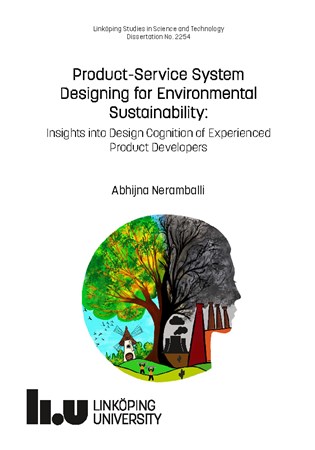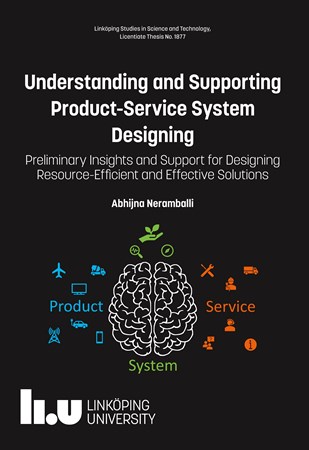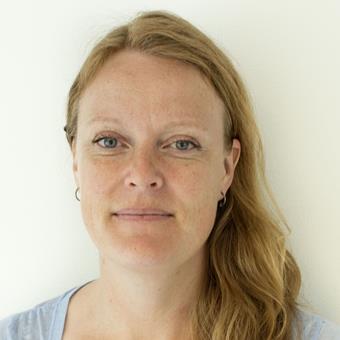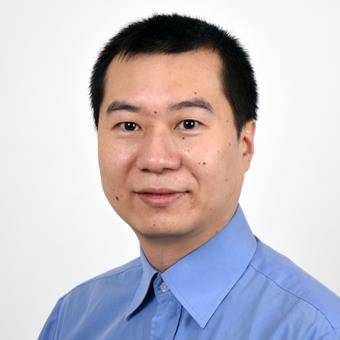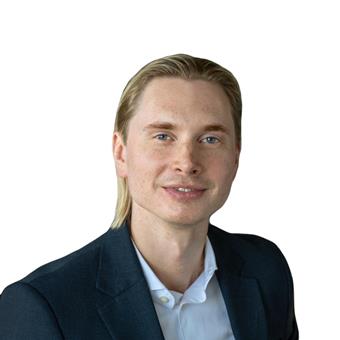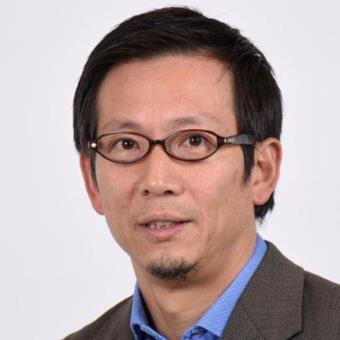The technological systems, sub-systems and components of our society can be considered as a manifestation of the design thinking and effort of designers. Furthermore, it is widely acknowledged that the resource-efficiency and environmental impacts of such technological systems are largely decided in the design stage of their development. As a consequence, the quality of the design effort of the designers significantly influences the quality of our environment and thus, of our lives.
Currently, we are challenged by several accelerating environmental issues that are fueled and enabled by outdated design practices. Therefore it is crucial to rethink how we design, develop and consume products and services which serve as the building blocks of the modern day societies. At its core, the activity of designing is an intentional thought process of transforming the physical environment for the well being of humanity. Therefore it is imperative to improve the understanding of how human designers think while designing and to subsequently support their effort in designing environmentally benign societal solutions.
I am a researcher with a background in mechanical and industrial engineering, and the experiences of a few short-term stints in the manufacturing industry. Through my research, I aim to improve the scientific understanding of how expert designers from the manufacturing industry think while designing environmentally sustainable solutions. By building on this understanding of how experts think while designing such solutions, I aim to co-develop tools and methods that can support their thought processes, decision making and thus, the outcomes of their design effort. Furthermore, I strive to inspire and equip future engineers with the latest cutting edge knowledge and methods that can support them to transform contemporary societal and environmental challenges into opportunities for sustainable development of the society.


